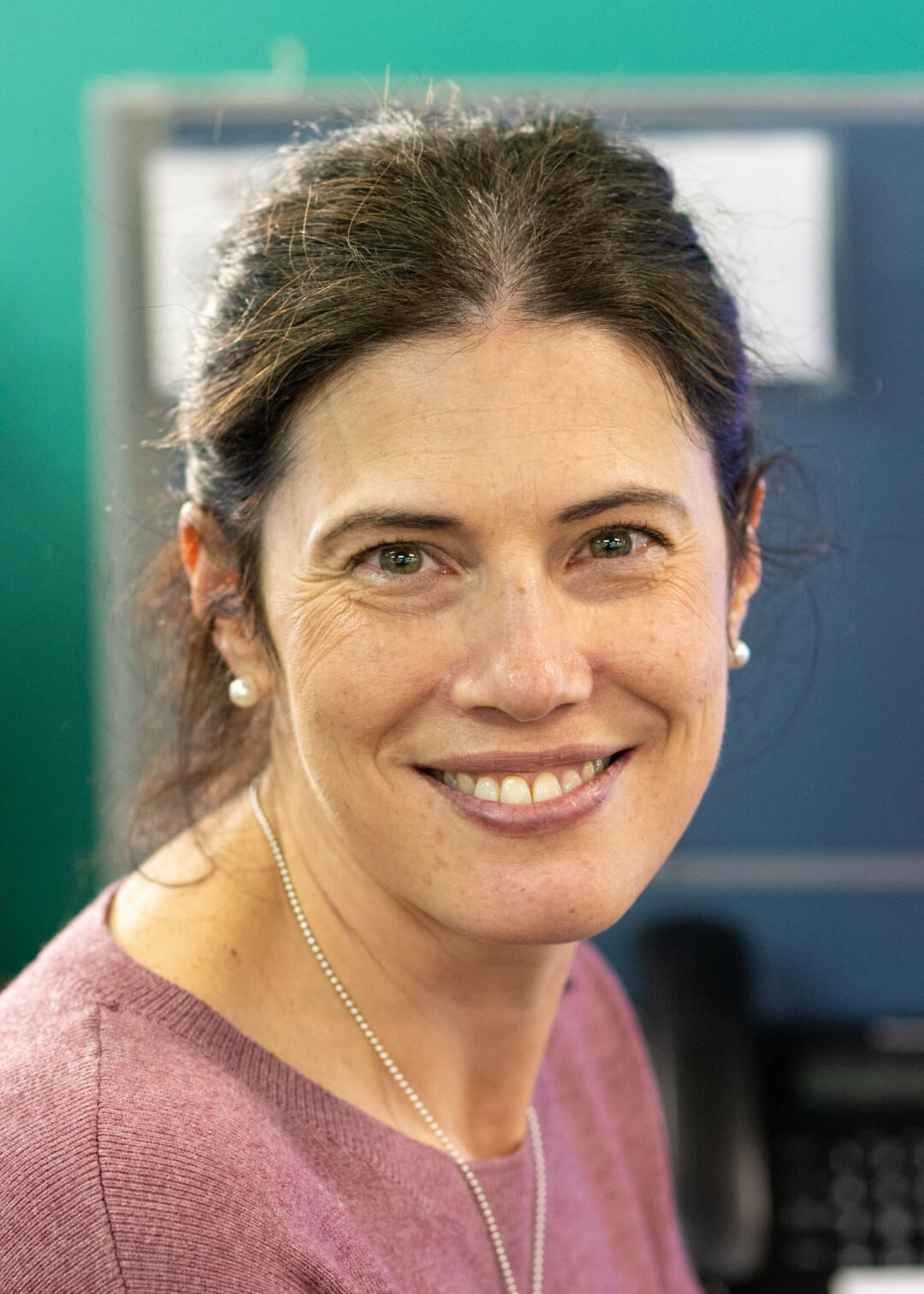When Wendy Watkins was 10 years old, her grandmother had a heart attack and went to live in a nursing home. Soon after, she had a stroke, lost the use of one side of her body and her health deteriorated rapidly.
Wendy remembers the shock and observing her father’s struggles to come to terms with the changing circumstances, his anxiety and grief. She was not included in discussions about the events that were unfolding and, although she realises now that her parents were trying to protect her, she found the exclusion distressing.
“I was shut out from everything and it was difficult because I knew it was happening,” Wendy said reflecting on that time.
“I think my Dad was trying to protect me but also himself. He wasn’t coping with it all and he didn’t know how to talk about it with me,” she said.
Today, Wendy helps individuals with a life-limiting illness and their families come to terms with their changed circumstances and cope.
“I have never really thought about this experience being my trigger for becoming a palliative care nurse but now, having the opportunity to reflect on this, I feel this has definitely contributed to my passion for palliative care and why I do this every day.”
“I remember my Dad being so emotional for a long time after her death that it was hard for us to talk about her or our feelings, as we worried we would upset him more. As time passed, this became easier and we would all visit her grave every week and enjoy our tea and cake afterwards,”
“I want to help people, like my Dad, to transition comfortably at this challenging time in their lives,” Wendy explained.
“Palliative care is rewarding. I like to make that difference to people when they are going through that tough emotional time. It’s such a privilege to be able to help people transition at this time in their lives.”
Wendy noted that a lot more people are becoming aware that palliative care is about a journey to live well and not just about death and dying.
“Only a little bit of palliative care is about the end and managing those symptoms. An important part of our work is giving comfort to and supporting families. It’s about being there and having a 24 hour number they can call on if there are changes or they need to speak with a nurse. We also provide education and information to support and empower the families and carers. Many of them are not medically minded and don’t have much health literacy but without the carers, our clients can’t be at home so their wish can’t be fulfilled. Whilst the client is at the centre of our work, the carers are important too and at PCSE we recognise that they are a critical part of the care.”
“I love the people and the culture at PCSE. Everyone chips in and works as a team. If you are having a busy day, people support you. We are here for our clients and we are also here for each other,” she said.

